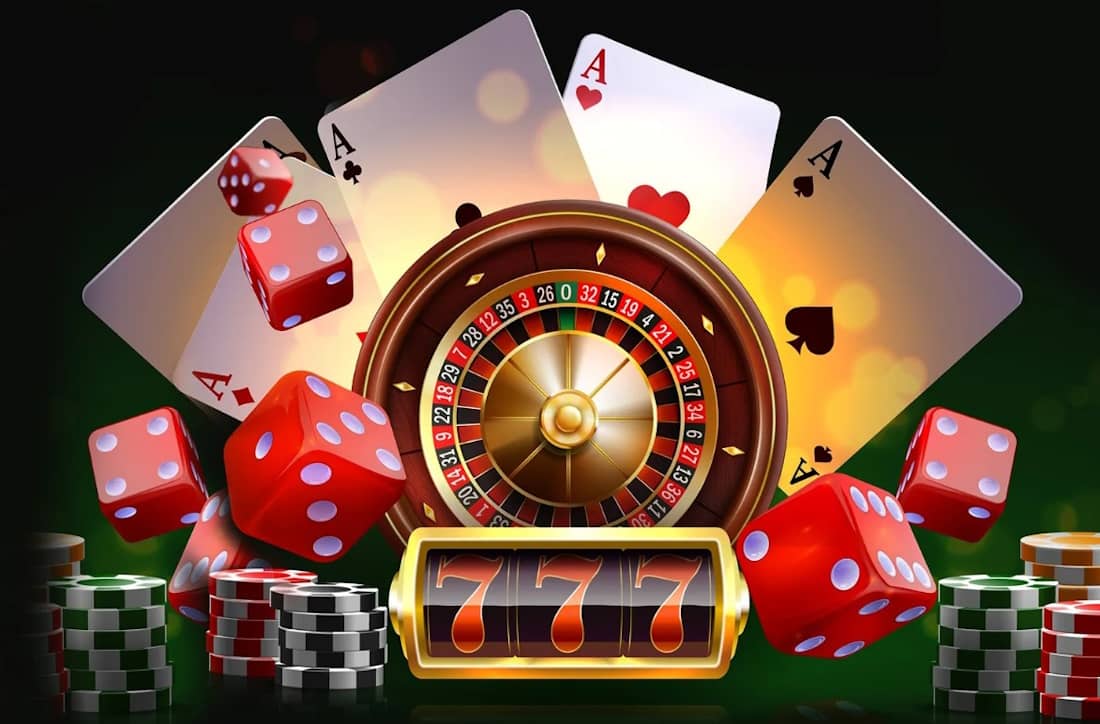In the dynamic world of casinos, few games seize the focus and excitement of players similar to slot machines. The blinking lights, engaging sounds, and the thrill of potentially hitting a jackpot render casino slots a favorite choice for numerous people. However, under the captivating exterior lies a intricate system known as slot algorithms that governs how these games operate. Understanding how these algorithms work improves the appreciation for the game and aids players make wiser choices.
This article is taking a deep dive into the inner workings of slot algorithms, revealing the intricacies that dictate everything from reel spins to payout rates. We’ll explore how randomness is obtained, the role of return-to-player percentages, and the various types of slot machines available at present. If you are a seasoned player or a newcomer eager to understand more about casino slots, this exploration will provide valuable insights into how these beloved games operate.
Grasping Machine Algorithms
Machine mechanisms are the foundation of gambling slots games, determining how every turn yields outcomes. At the core of these mechanisms are Random Number Generators, also known as RNGs, which ensure that each spin is completely random and separate from the previous one. This randomness is vital for maintaining equity in the game, enabling players to have a fair expectation of winning based on luck instead of foreseeable outcomes.
In addition to random number generators, slot mechanisms use various coding methods to control the casino’s mechanics. The Return to Player ratio, or RTP, is a key element that players should consider. This figure shows the average amount of funds that players can hope to win back over time. For example, a machine with an RTP of 96% will hypothetically return 96 USD for each 100 dollars bet, although actual outcomes can differ greatly in the immediate future due to the arbitrariness of each spin.
Additionally, slot machines incorporate elements like variance and hit frequency, which shape the player’s journey and potential payouts. High volatility machines provide greater wins but fewer regular returns, while low volatility slots deliver more consistent, smaller returns. Understanding these factors helps players select the games that align with their plans and appetite, eventually enhancing their enjoyment in the casino slots game.

Types of Slot Machines
Gaming machines come in different varieties, each offering distinct gameplay experiences. The classic slot machines, often referred to as fruit machines, are characterized by their straightforward design with three reels and a limited number of paylines. These machines typically feature traditional symbols such as fruit icons, bars, and sevens. They are designed for gamers who enjoy a straightforward gaming experience without intricate bonus features. The appeal of classic slots lies in their nostalgia and simplicity, making them well-liked among both new and seasoned players.
Video slots have revolutionized the casino slots gaming scene by incorporating advanced graphics, animations, and immersive themes. đá gà trực tiếp These machines usually feature 5 or more reels and multiple paylines, providing players with numerous ways to win. Video slots often include captivating bonus rounds, complimentary spins, and engaging features that enhance the overall experience. This type of slot machine caters to a wide range of players, as they can find games based on popular movies, gaming franchises, or fantasy worlds, making the gameplay more engaging.
Progressive slots are another thrilling variant that attracts those looking for life-changing wins. In these machines, a tiny portion of each bet contributes to a growing jackpot that continues to grow until someone hits the big win. Progressive slots can be found in both classic and video formats, and they often come with diminished base payouts but offer the enticing chance to win huge prizes. This mix of high risk and high reward is attractive to players who seek excitement in their casino slots gaming adventure.
The Role of Randomness in Slots
In the world of casino slots games, chance is the heartbeat that makes certain each spin is distinct and variable. This factor is vital because it produces the excitement of potential wins and keeps gamblers engaged. The randomness is usually generated by Random Number Generators (RNGs), which are algorithms designed to generate a series of numbers that are devoid of any predictable pattern. This technology simulates the variety of traditional mechanical slot machines, guaranteeing that today’s digital games maintain the same level of excitement.
Every time a player hits the button to spin, the RNG determines the outcome of that specific spin, determining the icons that land and whether a player will be awarded any rewards. This means that each spin functions independently from prior attempts, and the odds remain stable regardless of the results of prior games. This aspect of randomness prevents players from formulating systems that could outsmart the house edge, reinforcing the notion that slots are chance games where serendipity plays a significant role.
Additionally, the integration of randomness in casino slots games also encourages transparency and fairness. Game developers must adhere to strict guidelines, making sure that their RNGs produce outcomes that are truly random and impartial. This effort to fair play helps build trust between gamblers and casinos, giving them assurance that every spin offers a fair shot at winning. In the end, the role of randomness not only fuels the thrill of casino slot machines but also maintains the justice essential to their appeal.